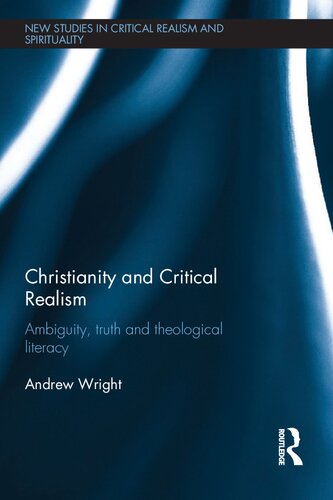

Most ebook files are in PDF format, so you can easily read them using various software such as Foxit Reader or directly on the Google Chrome browser.
Some ebook files are released by publishers in other formats such as .awz, .mobi, .epub, .fb2, etc. You may need to install specific software to read these formats on mobile/PC, such as Calibre.
Please read the tutorial at this link: https://ebookbell.com/faq
We offer FREE conversion to the popular formats you request; however, this may take some time. Therefore, right after payment, please email us, and we will try to provide the service as quickly as possible.
For some exceptional file formats or broken links (if any), please refrain from opening any disputes. Instead, email us first, and we will try to assist within a maximum of 6 hours.
EbookBell Team

4.0
6 reviewsOne of the key achievements of critical realism has been to expose the modernist myth of universal reason, which holds that authentic knowledge claims must be objectively ‘pure’, uncontaminated by the subjectivity of local place, specific time and particular culture.
Wright aims to address the lack of any substantial and sustained engagement between critical realism and theological critical realism with particular regard to: (a) the distinctive ontological claims of Christianity; (b) their epistemic warrant and intellectual legitimacy; and (c) scrutiny of the primary source of the ontological claims of Christianity, namely the historical figure of Jesus of Nazareth. As such, it functions as a prolegomena to a much needed wider debate, guided by the under-labouring services of critical realism, between Christianity and various other religious and secular worldviews. This important new text will help stimulate a debate that has yet to get out of first gear.
This book will appeal to academics, graduate and post-graduate students especially, but also Christian clergy, ministers and informed laity, and members of the general public concerned with the nature of religion and its place in contemporary society.